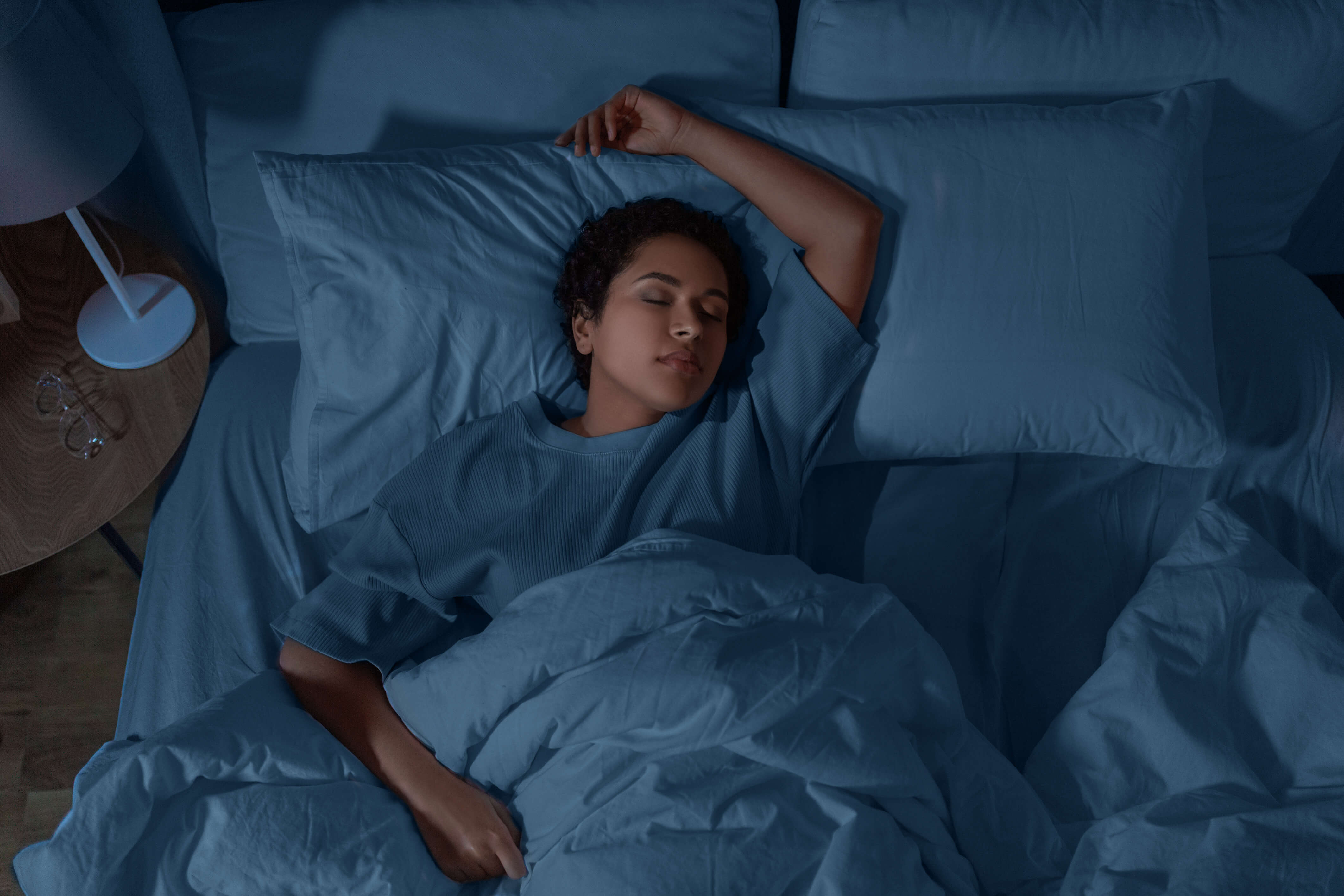One of the pillars to optimal health and wellbeing - sleep is an essential bodily function. Without it, brain activity deteriorates, impacting your concertation, mental clarity, and irritability.
We spend a third of our lives asleep. It remains one of the constants of our routine throughout life. But everyone's different. The amount of sleep you need will be unique to you.
Aside from making us feel groggy and grumpy, poor sleep is linked with poor mental and physical health too. We’ll dive a little deeper into this connection below.
The sleep-mental health cycle
You can imagine the link between sleep and mental health to be something of a cycle; the two are inextricably linked. Poor sleep leads to poor mental health. Poor mental health leads to poor sleep. And vice versa.
We’re all familiar with how one bad night’s sleep can leave us feeling depleted of energy, lacking in concentration and generally under the weather. Problems sleeping can lead to low mood, poor relationships and decreased energy for exercise. In turn, this kind of lifestyle increases your susceptibility to mental health problems.
Getting the sleep we need helps us process emotions, make decisions and consolidate memories. And there is no substitute for that. These things are essential for us to maintain good mental health and feel equipped to ride the ups and downs of life. Good sleep helps us prevent and recover from mental health conditions.
On the flip side, when we’re struggling with our mental health, sleep is inclined to be affected too. Depending upon the mental health challenges you’re facing, there’s a range of ways your sleep might take a hit.
- Anxiety - If you’re suffering from anxiety, you might experience racing thoughts, a raised heart rate and headaches, making it difficult to drift off to sleep.
- Depression - Symptoms of depression include finding it difficult to fall asleep at night and waking up very early in the morning.
- Stress - While stress isn’t a mental health condition itself, it has a tremendous influence on mental health. Sleep too takes a knock when our stress levels are on the up.
Top tips to a great night’s sleep
Save the bedroom for sleeping
Try to avoid spending too much time in your bed when you aren’t sleeping or sleepy. If you often roll around in bed for hours on end, you might start to associate sleepless nights with that space. Try to only get in your bed when you are actually ready for sleep. This tip might help you to avoid negative associations with your sleep space.
Set up your sleep space
Get the environment right. Keep your bedroom at a comfortable temperature and the light levels low. Scents like lavender, camomile, clary sage and rose can also help you drift off. Treat yourself to soft pillows, blankets and sheets. Set up a cosy sleep space that you look forward to getting into.
Worry list
If a racing mind is what keeps you from drifting off at night, try to write down your worries on a piece of paper. A worry list helps ease the pressing tension of thoughts and release them from the grips of your mind.
Switch off
Most of us will have heard that the blue light emitted from electronics keeps us up at night. This kind of light reduces melatonin production that helps us sleep and feelings of sleepiness. So try your best to switch off from the screens as early as you can, and if you do use your phone, laptop or TV, try to turn the brightness down or see if there’s a night mode option you can use. All these small changes add up.
Regular exercise
Regular physical activity can help improve sleep quality, but try to finish your workout at least a few hours before bedtime, as exercising too close to bedtime can make it harder to fall asleep.
Read our article: Struggling with falling asleep




